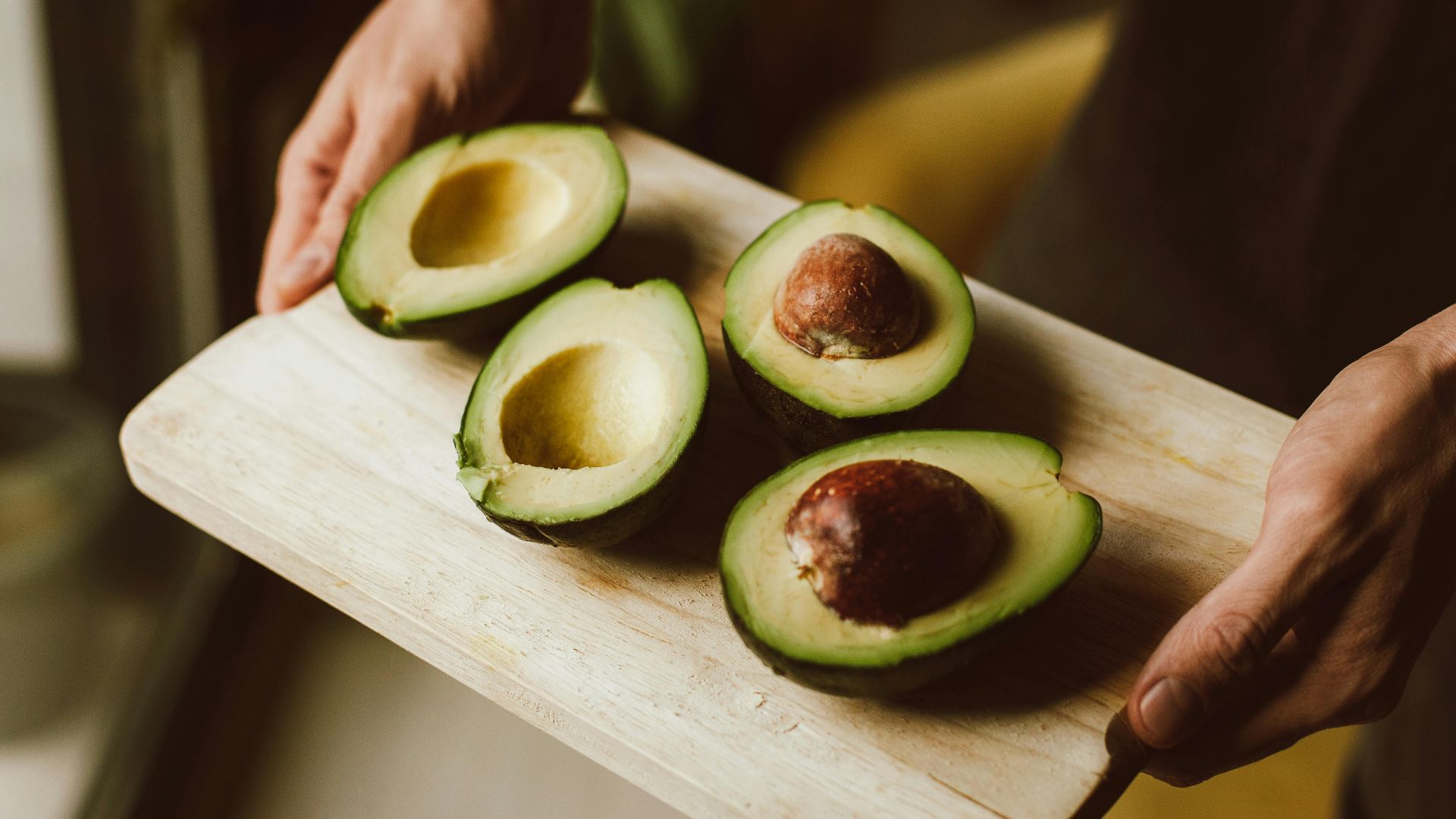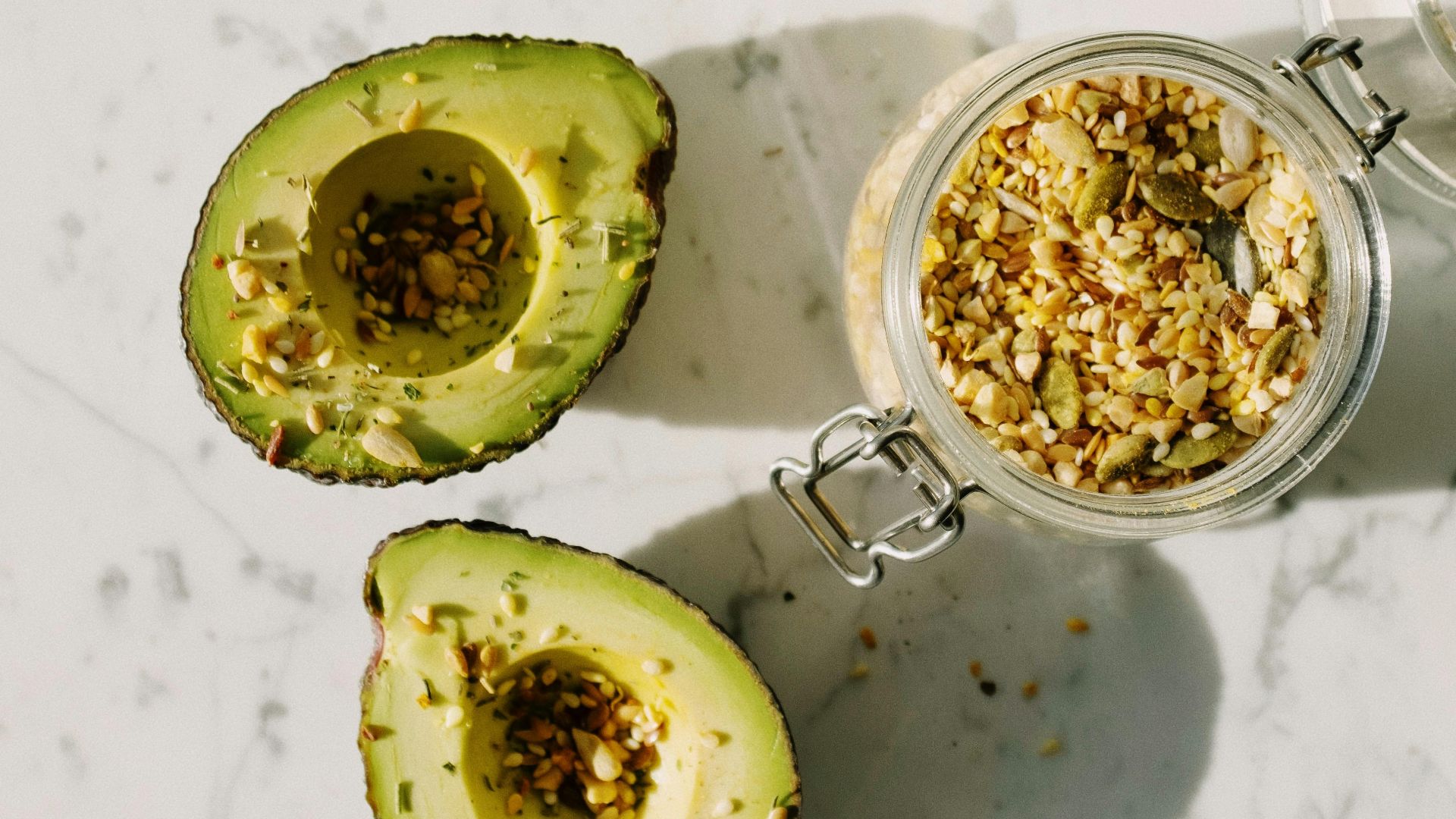Avocados Are A Super Food, But Here’s Why You Shouldn't Overdo It
Avocados have become a symbol of clean eating, wellness, and that perfect green goodness on toast. Their texture and buttery flavor make them irresistible. But like any “superfood,” the story isn’t as simple as it seems. What’s healthy in moderation can quietly tip into excess.
So, let’s dig deeper into why you might want to think twice before going overboard with those green beauties.
Healthy Fats Can Add Up Fast
Avocados are rich in monounsaturated fats, often celebrated as “heart-healthy.” These fats can lower bad cholesterol and support your body’s absorption of fat-soluble vitamins. Nutritionists even praise them for their nutrient density, packed with potassium, vitamin E, and folate, and for their role in keeping you full longer.
Yet, here’s the catch: they’re also calorie-dense, as one medium avocado carries about 250 calories, primarily from fat. Eat two or three a day, and you could be adding hundreds of unnoticed calories to your diet. Over time, that can lead to gradual weight gain, especially if you’re not balancing it with activity.
In short, as with olive oil or nuts, the line between “healthy fat” and “too much fat” is thinner than most think. When your fat intake climbs too high, even good fats can interfere with digestion and nutrient absorption, leaving you sluggish rather than energized.
The Hidden Downsides You Might Miss
The story doesn’t stop at calories. Beyond your plate, there’s an environmental price to pay. Avocado farming requires significant water—thousands of liters per kilogram—making large-scale production environmentally demanding. In regions like Mexico and Chile, rising global demand has strained local water sources and, in some cases, contributed to deforestation.
For your body, avocados might not always sit well either. Some people experience bloating or stomach discomfort after eating too much due to the high fiber content. Others react to natural compounds like polyols, which can cause mild digestive upset, especially for those sensitive to FODMAPs.
There’s also the allergy factor. While rare, avocado allergies do exist, linked to latex-fruit syndrome. If you’re allergic to latex, your immune system might also react to certain proteins in avocados, leading to discomfort. It’s not a reason to panic, but it’s another reason to treat them with moderation rather than abandon them.
How To Enjoy Avocados The Right Way
Think of avocados not as a main course but as a supporting player. Nutrition experts usually recommend keeping avocado intake to about one serving—roughly a third to half of a medium fruit—per day. Combine it with other sources of good fats like seeds, nuts, and olive oil, and you’ll create a balanced mix that supports your body more effectively than over-relying on one ingredient.
And when it comes to “superfoods,” remember: no single food can totally make or break your health. So, as you mash that next avocado on toast, maybe pause for a second. Appreciate it for what it offers, but don’t let the hype convince you that more is better.
KEEP ON READING









